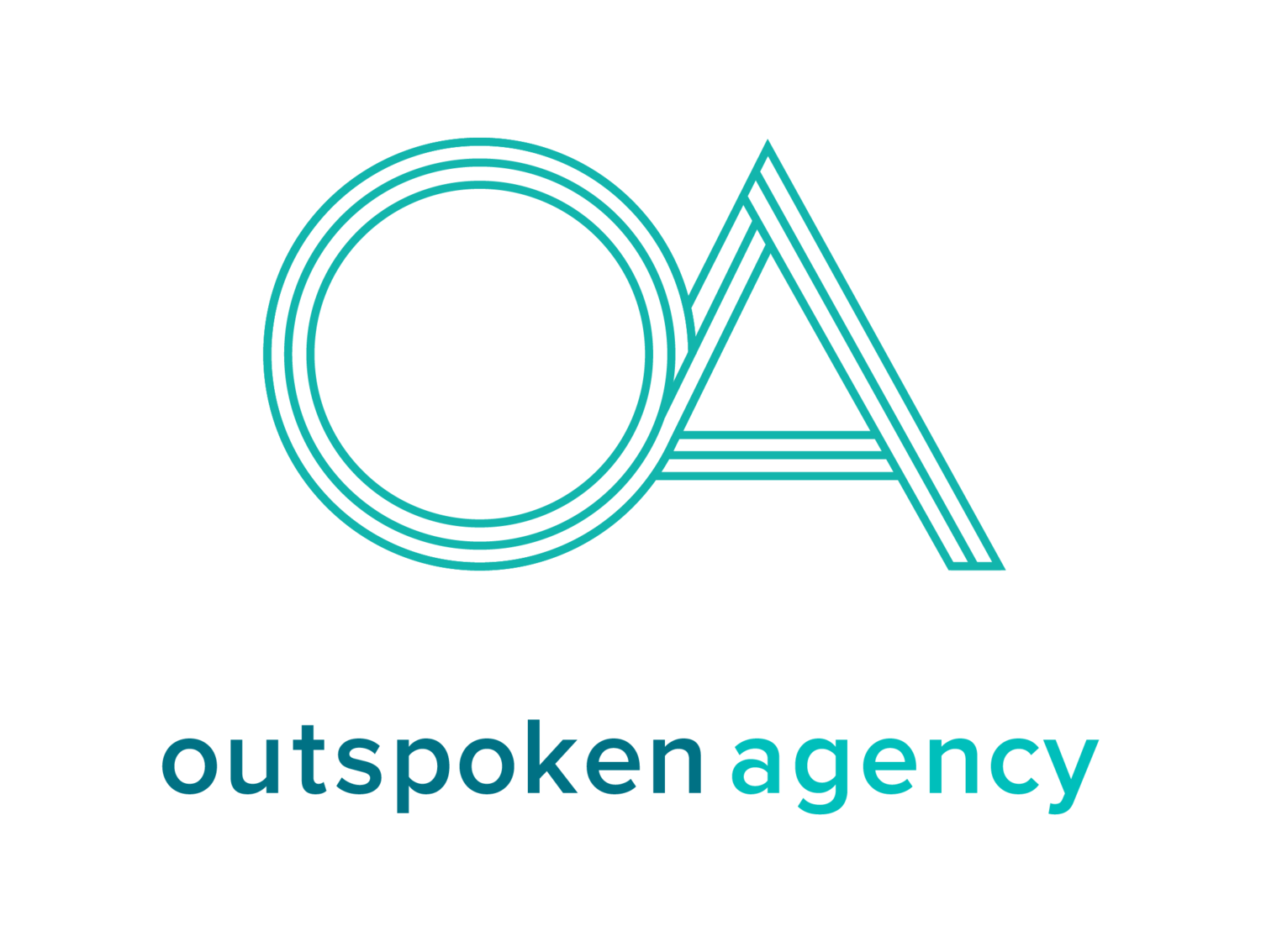Thriving While Trans: Navigating the Workplace in an Election Year
/Navigating the workplace as a transgender person is fraught with challenges, and this reality becomes even more pronounced during an election year when commentary reaches all the way up to the presidential stages.
Transgender pastor and gender equity activist Paula Stone Williams has been sharing her personal transition journey for years and now works to highlight and combat government and workplace changes and misinformation on transgender rights. In her deeply personal blog and in her talks, she reflects on her journey of transitioning in midlife, losing jobs, and facing widespread discrimination after embracing her true self. As she notes, the once-progressive corporate response to transgender issues has shifted over time, leaving many trans people to fend for themselves, particularly in industries where social backlash carries heavy financial and reputational risks.
The challenges Paula describes are echoed in the SHRM article, "Being Transgender in an Election Year," which highlights how the political climate often exacerbates workplace difficulties for transgender individuals. Trans employees, especially during election cycles, find themselves at the center of cultural debates that make their professional lives precarious. Paula’s experience of losing all her jobs within days of her public transition mirrors the struggles many trans individuals face today. In fact, a 2020 Human Rights Campaign survey showed that 46% of trans workers had experienced adverse job outcomes like being fired or not hired due to their gender identity.
Paula also points out that after years of growth and acceptance, a shift began to occur around 2016. Corporate America, which once supported the trans community, started pulling back—perhaps as a reaction to the political and cultural turmoil. The SHRM piece reinforced this, noting how election cycles stir up divisive rhetoric that emboldens those opposed to LGBTQ+ rights, leading to an uptick in discriminatory actions. As the article mentions, many companies remain hesitant to openly support their transgender employees, fearing backlash from both political figures and customers.
This shift has affected Paula’s speaking opportunities as well, as cancellations or limited interest can occur due to fears of "provoking anger on the right." This hesitancy signals a troubling dynamic in which transgender rights become a litmus test for corporate values, leaving many workers vulnerable to the whims of political discourse and diminishing opportunities to share diverse and inclusive experts.
Each election year brings the possibility of shifts in employment protections and anti-discrimination policies, further heightening the uncertainty for trans workers. With the rights of marginalized communities often hanging in the balance, it’s more critical than ever for employers to actively support their transgender employees. Companies have the power to shape public opinion by visibly aligning their internal and external policies with diversity, equity, and inclusion goals. One proactive way to foster understanding and empathy is by bringing in DEIB and transgender speakers to share their experiences, lead meaningful conversations, and inspire workplaces to embrace differences. By doing so, organizations can create environments where everyone feels seen, heard, and valued.
About the Speaker:
Paula is a Pastoral Counselor and internationally known speaker on gender equity, LGBTQ advocacy, and religious tolerance. Since her transition in 2014, she has worked to share her unique lived experience as a man and a woman—made famous in her 2018 TED talk, now with over 6 million views—to advance issues related to gender equity.
Corporate speaking clients include:
MasterCard
Wittkiefer
L’Oreal
Bank of the West
Pinterest
Goldman Sachs
Udemy
Owens Corning




